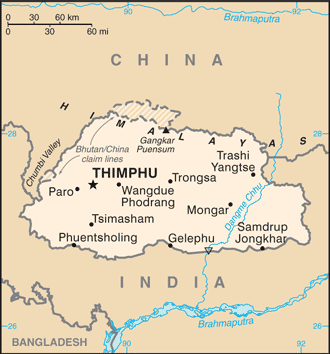2008 Tibetan uprising remembered in Queens
Students for a Free Tibet held a 10-year commemoration of the 2008 Tibetan uprising at a hall n the Queens neighborhood of Astoria, New York City. The 2008 uprising, which began in Lhasa in March, continued for weeks and spread across the Tibetan plateau. It was put down at a cost of some 20 lives, by official Chinese figures. But Tibetan rights groups and the government-in-exile in Dharamshala, India, claim that hundreds were "disappeared" in a subsequent wave of repression, with some 200 presumed killed. Guest of honor at the commemoration was Dhondup Wangchen, producer of the 2008 documentary film Leaving Fear Behind, made in the prelude to the uprising, in which ordinary Tibetans spoke of their feelings about China hosting the Summer Olympics. Wangchen was subsequently arrested, convicted of "subversion," and served six years in prison. Upon his release, he fled Tibet and was granted asylum in the United States. He is shown here with his wife, Lhamo Tso, who waged a campaign for his release. (Photo: Rose Tang)



